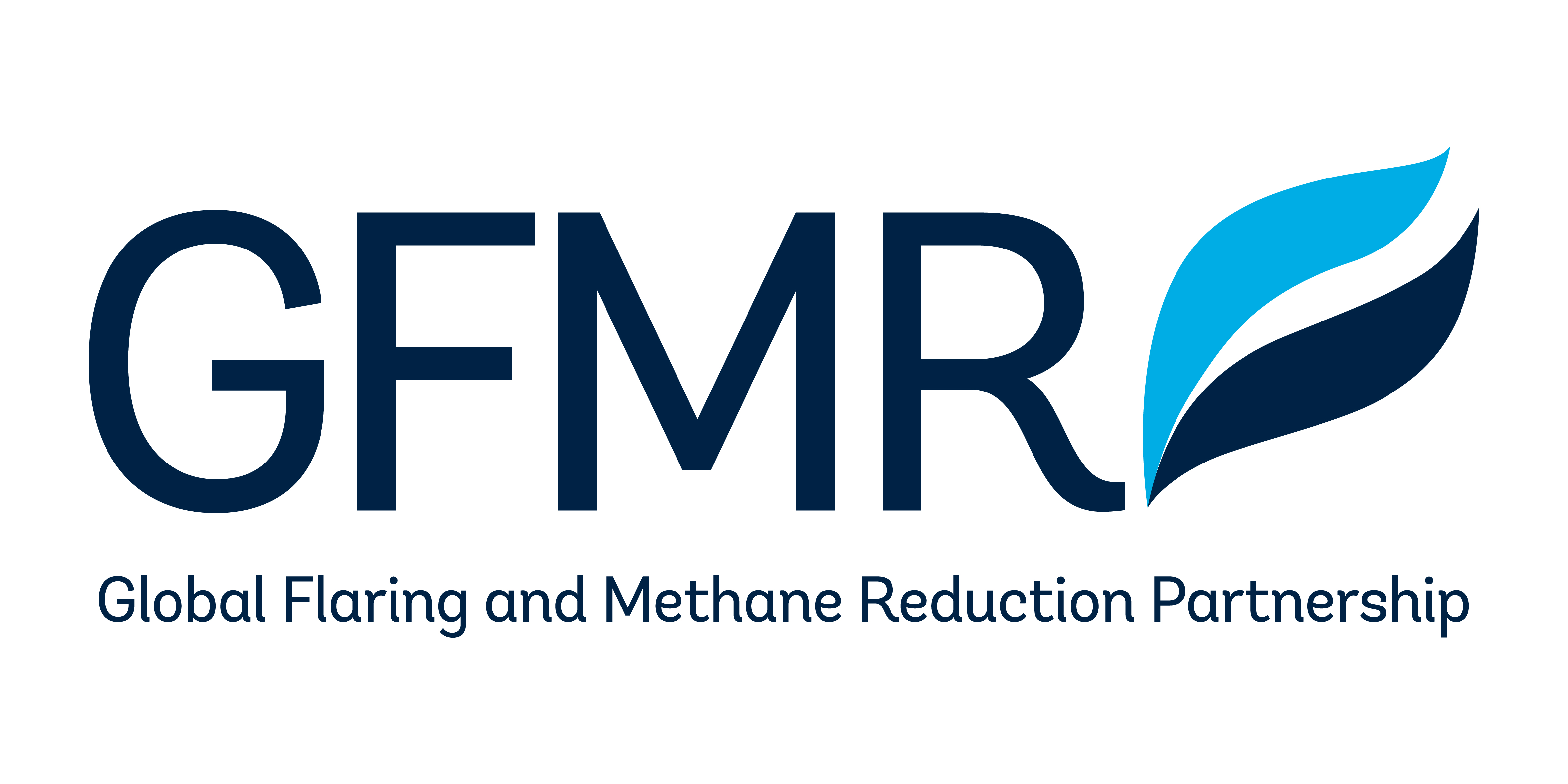Country
Assessment
Section 10 of the Norwegian Petroleum Act, 1996 , imposes nonmonetary penalties, including the temporary suspension of activities, license revocation, and imprisonment of as long as two years for a willful or negligent violation. Willful or negligent submission of incorrect or incomplete documentation or any other breach of provisions or decisions contained in or issued by virtue of the CO2 Tax Act, 1990 , may result in imprisonment of up to three months.
Under Chapter 5 of the Energy Act, 2016 , nonmonetary penalties can increase in severity if, for example:
- an enforcement notice informs an operator of its failure to comply with a petroleum-related requirement and may include directions for compliance (Section 43)
- a revocation notice declares that the license will be revoked by a certain date for failure to comply with a license requirement (Section 47)
- an operator removal notice announces the date of removal of an operator that had failed to comply with a license requirement (Section 48).
The OGA follows a “measured escalation” process before deciding whether to pursue sanctions. Before pursuing sanctions for violations, the OGA may require regulatory compliance plans and more frequent reporting of, for example, volumes of gas flared. The OGA requires that operators conduct ”lessons learned exercises” following consent breaches to avoid similar breaches in the future. As part of the OGA’s progressively more proactive approach to using its powers in the future, the OGA Flaring and Venting Guidance, 2021 , suggests a more stringent approach than in the past to sanctions in case of failure to comply with flare or vent consents.
OPRED also has enforcement powers associated with its environmental regulation of offshore oil and gas operations. Although the specifics may change according to individual regulations, inspectors from the Offshore Environmental Inspectorate can board offshore installations with any equipment necessary to conduct investigations into compliance, interview staff, and collect relevant data. If inspectors find noncompliance, enforcement actions can range from written notices to operators to ensure compliance for relatively minor violations to civil sanctions, revocation of permits, and prosecution for more serious or persistent noncompliance. Enforcement must be proportional to the violation, related to specific violations, consistent, transparent, and accountable.
Operators of oil wells that do not report associated gas volumes by the due date (see section 13 of this case study) may be shut in for up to 30 days. If operators continue to produce gas during the shut-in period, they will be subject to penalties. North Dakota Century Code Section 38-08-16 states that a person who willfully violates any rule or order of the commission that pertains to the prevention or control of pollution or waste is guilty of a Class C felony. A court of competent jurisdiction may impose a criminal penalty.


